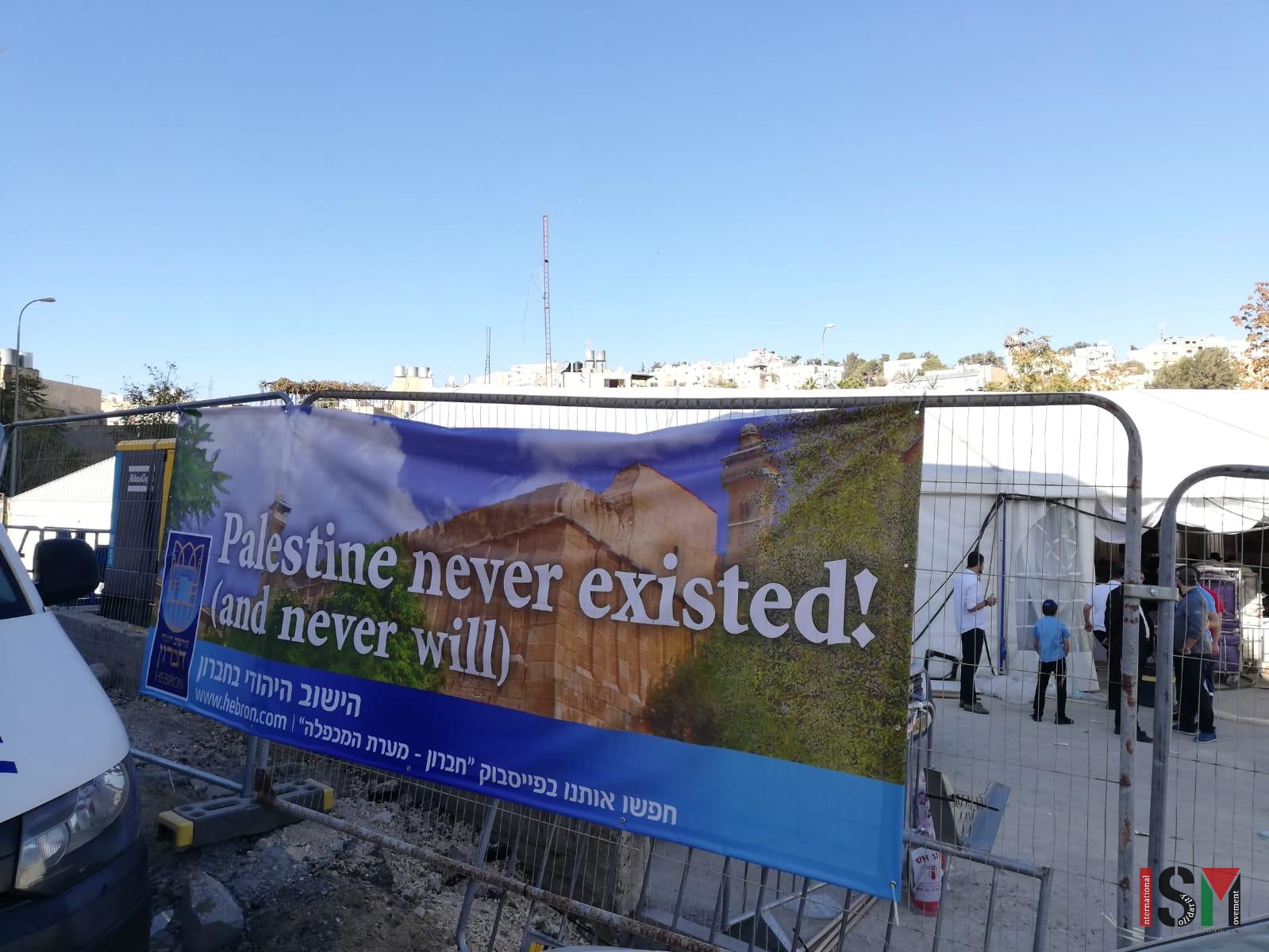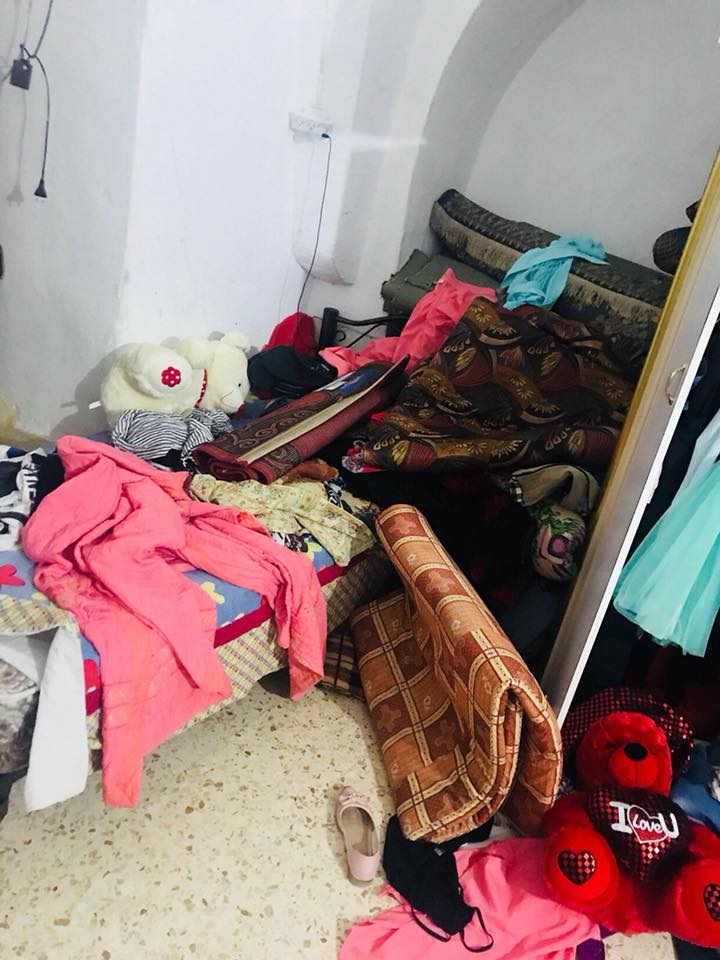Tag: human rights defenders
-
Webinar: International Solidarity & Resisting Colonization
Join ISM Northern California on Saturday, December 19, 2020, for a webinar to learn about the current situation on the ground in Palestine, grassroots resistance, and the work of the International Solidarity Movement.
-
When holidays bring hate: Sarah’s Day in Occupied Hebron
For Palestinians living in Occupied Hebron, Sarah’s Day, a major Jewish holiday, means an increase in violent attacks by illegal Israeli settlers.
-
ISM speaks to ‘Aref Jaber about the increase of raids by Israeli forces in his neighborhood
23rd June 2018 | International Solidarity Movement, Al-Khalil team | Hebron, occupied Palestine ‘Aref Jaber lives in the Jaber neighbourhood in the H2 area of occupied Hebron, under Israeli control. He is a local activist and works with Human Rights Defenders filming and publicising the violations of international law committed by Israeli forces in his…



